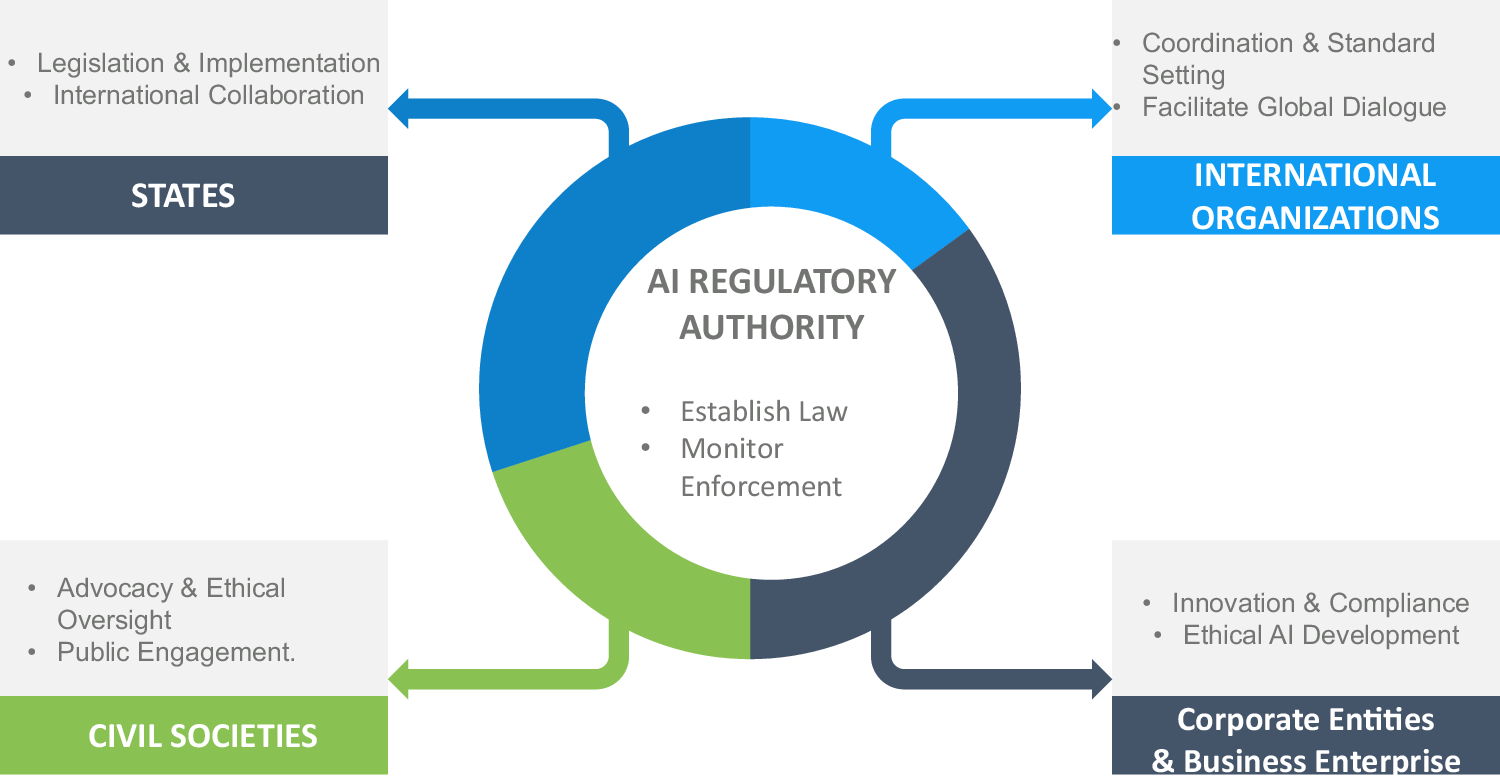AI's Transformative Potential to Nullify Grievances Tied to Human Political Control

An online commentator, identified as "bayes," recently sparked discussion by asserting that artificial intelligence (AI) possesses the capacity to resolve many contemporary political grievances, provided that human political power is maintained. The statement highlights a critical duality in the ongoing discourse surrounding AI's rapidly expanding role in society.
"by maxing out all physics-allowed technological capacities of our civilization, ai very obviously renders most current political grievances null. people just need to retain some political power," stated the commentator on social media.
Experts acknowledge AI's profound potential to address complex societal challenges that often fuel political discontent. AI applications in policy analysis, predictive modeling for social issues, and real-time monitoring of policy outcomes could lead to unprecedented efficiencies and equitable resource allocation, theoretically alleviating many sources of grievance. This transformative power could reshape industries, improve public services, and even contribute to achieving global goals like climate targets.
However, the condition of retaining political power resonates with widespread concerns about AI's influence on democratic processes and existing power structures. Research from institutions like the CEPS and Harvard's Ash Center indicates that AI, while transformative, can also reproduce and entrench societal biases and power imbalances if not carefully governed. The technology's ability to shape information environments, influence elections, and create highly personalized content raises questions about individual autonomy and collective self-governance.
The debate around AI governance is intensifying globally, with a focus on establishing frameworks that ensure ethical development and deployment. Discussions at the UN, G7, and various research bodies emphasize the need for political will and action to guide AI innovation towards public interests, rather than allowing it to be solely driven by commercial or military objectives. This includes addressing the concentration of AI development among a few tech giants and ensuring diverse representation in its creation.
Ultimately, the vision of AI nullifying political grievances hinges on proactive measures to safeguard human agency and democratic values. The challenge lies in harnessing AI's immense problem-solving capabilities while simultaneously developing robust regulatory and ethical safeguards to prevent the erosion of political control and ensure that the technology serves humanity's collective well-being.